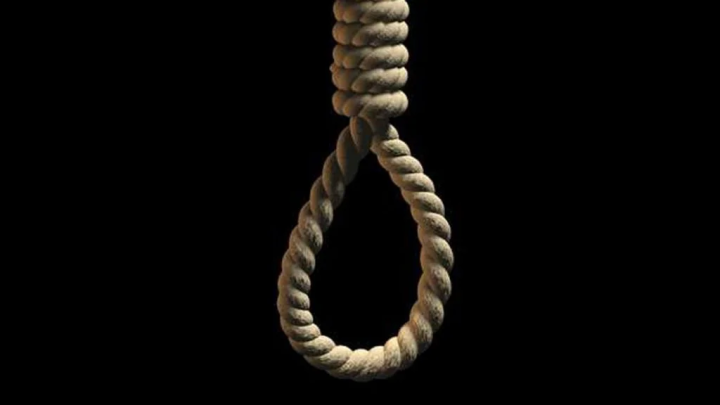The Ogun State Police Command has confirmed the tragic death of 32-year-old Oluwaseun Shorinola, who was found dead in an apparent suicide in the Kémta area of Abeokuta.
The lifeless body of Shorinola was discovered by his wife, hanging in their home, late on Wednesday night.
This incident highlights the growing concerns over mental health and the impacts of economic hardship in Nigeria.

According to the Command’s Public Relations Officer, Omolola Odutola, the incident occurred around 10 p.m. on Wednesday.
The police were alerted to the distressing scene when Temitope Oguntade reported to the Kémta Police Division after receiving a phone call from Tajudeen Aremu, who informed her that Shorinola had been found dead by his wife.
“On August 28, 2024, Temitope Oguntade reported at the Kémta Police Division that she had received a call from Tajudeen Aremu, informing her that her brother had been found dead by his wife,” Odutola explained.
“A police team was immediately dispatched to the scene, where they found Shorinola’s body hanging, confirming that he had taken his own life. The body was subsequently brought down.”
While the exact reasons for Shorinola’s actions remain unclear, initial reports suggest that the current economic difficulties facing many Nigerians may have contributed to his decision.
The increasing cost of living, inflation, and widespread unemployment have placed immense pressure on individuals and families, leading to rising cases of depression and mental health struggles across the country.
Although the police have initiated an investigation into the circumstances surrounding Shorinola’s death, the family has declined an autopsy and insisted on taking the body for burial.
This decision has raised concerns, as autopsies can provide crucial insights into the factors leading to such tragedies, potentially helping to prevent future occurrences.
Nevertheless, the police have stated that they are monitoring the situation closely to ensure that all procedures are followed and that any underlying issues are addressed.
The tragic death of Oluwaseun Shorinola is a stark reminder of the broader mental health crisis that is often overlooked in Nigerian society.
Mental health awareness and support systems are critically underdeveloped in the country, where discussions about psychological wellbeing are frequently stigmatised.
This case underscores the urgent need for increased awareness, intervention, and resources dedicated to mental health care.
The impacts of economic hardship on mental health cannot be overstated.
Nigeria, Africa’s largest economy, has been grappling with significant challenges in recent years, including rising unemployment, inflation, and a sharp increase in the cost of basic goods and services.
These economic pressures have exacerbated stress levels among the populace, with many struggling to meet daily needs, support their families, or maintain a stable livelihood.
Mental health experts have long warned that economic downturns can lead to a spike in mental health issues, including anxiety, depression, and suicide.
In Nigeria, the lack of accessible mental health care services further complicates the problem.
Most Nigerians do not have access to affordable mental health care, and those who do may still avoid seeking help due to social stigma.
The Ogun State Police Command’s response to Shorinola’s death reflects a growing recognition of the importance of mental health in the community.
Odutola urged the public to be vigilant and to seek help for loved ones who may be struggling with mental health issues, especially during these challenging economic times.
“We are deeply saddened by this loss and urge the community to support one another.
Mental health is as important as physical health, and we must look out for signs of distress among our friends and family members,” Odutola said.
“If anyone is facing difficulties, it is important to speak up and seek help.”
In light of this tragedy, there are calls for the government and non-governmental organisations to intensify efforts to address mental health issues in the country.
This includes creating awareness, reducing stigma, and providing accessible mental health services to those in need.
Additionally, there is a need for economic reforms that can alleviate the financial burdens on citizens, potentially reducing the stress and anxiety that contribute to such heartbreaking outcomes.
Oluwaseun Shorinola’s death is a painful reminder of the silent struggles many endure, and it is a call to action for better mental health support and economic relief measures.
As the community mourns his loss, the hope is that his story will encourage a broader conversation about mental health and inspire steps towards a more supportive and compassionate society.
Support InfoStride News' Credible Journalism: Only credible journalism can guarantee a fair, accountable and transparent society, including democracy and government. It involves a lot of efforts and money. We need your support. Click here to Donate
